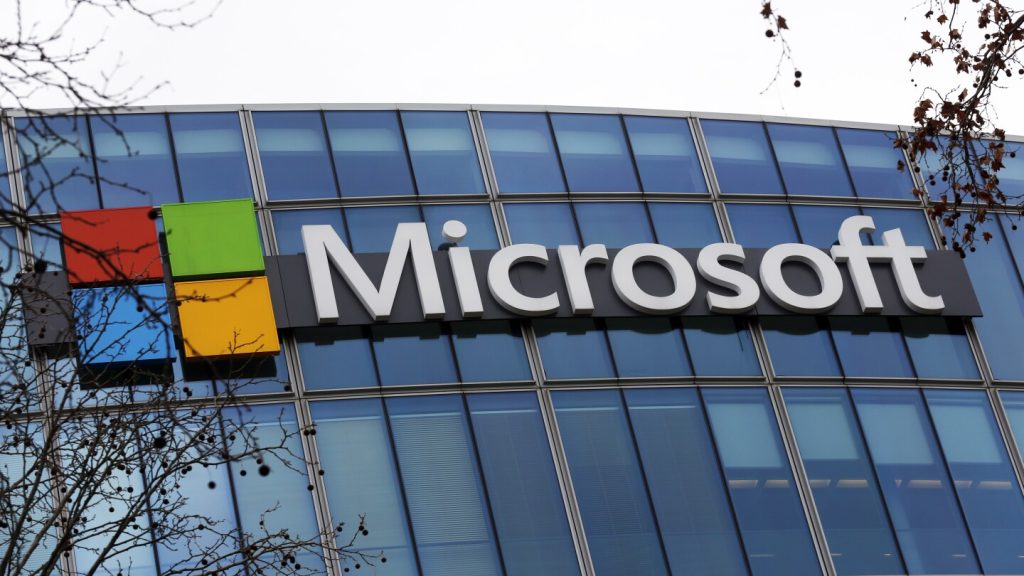Microsoft announced a $1.5 billion investment in United Arab Emirates technology firm, G42, overseen by UAE’s national security adviser. The deal, developed in consultation with both UAE and US governments, includes Microsoft’s president, Brad Smith, joining G42’s board. Based in Abu Dhabi, G42 operates data centers and is known for its AI capabilities, including the world’s leading Arabic-language AI model, Jais. The partnership will involve running G42’s AI applications on Microsoft’s cloud platform and expanding digital infrastructure in the Middle East, Central Asia, and Africa.
G42 has stated its intention to cut ties with Chinese hardware suppliers over concerns about closeness to the Chinese government. The company has faced allegations of spying through a mobile app and accusations of secretly collecting genetic material for the Chinese government. Sheikh Tahnoon bin Zayed Al Nahyan, UAE’s national security adviser, serves as the chairman of G42’s board. The US Commerce Department praised the UAE as a global player in technology and emphasized the importance of responsible management of investments like the Microsoft-G42 deal for the advancement of digital technologies worldwide.
The partnership between Microsoft and G42 highlights the growing influence of AI technology in various industries across the Middle East. By leveraging Microsoft’s cloud platform, G42 aims to further expand its AI capabilities and digital infrastructure offerings in regions where it has a presence. The deal, which involves a significant financial investment from Microsoft, underscores the importance of strategic collaborations in advancing technological innovation and development in emerging markets.
The involvement of Sheikh Tahnoon bin Zayed Al Nahyan, UAE’s national security adviser, in overseeing G42 raises questions about the potential implications of the partnership on national security and data privacy. Given the previous allegations and concerns surrounding G42’s connections to Chinese entities, there may be increased scrutiny on the company’s operations and partnerships. Additionally, Microsoft’s decision to join G42’s board could face scrutiny from stakeholders and regulators concerned about potential risks associated with the deal, including data security and privacy issues.
The US government’s collaboration with the UAE on technology development and deployment underscores the importance of international partnerships in advancing digital technologies while ensuring security and compliance with global standards. The statement from the US Commerce Department regarding the deal between Microsoft and G42 indicates a cautious approach towards such investments, emphasizing the need for verifiable commitments and responsible management. As the global technology landscape evolves, maintaining transparency and accountability in cross-border collaborations will be crucial for fostering trust and enabling innovation.
Overall, the Microsoft-G42 deal represents a significant milestone in the AI and technology sector, showcasing the potential for collaboration between multinational corporations and regional players to drive innovation and digital transformation. The partnership’s focus on expanding digital infrastructure in underserved regions reflects a commitment to bridging the digital divide and promoting access to advanced technologies. However, the deal also raises important considerations around data privacy, security, and regulatory compliance, underscoring the need for robust governance frameworks and oversight mechanisms to safeguard against potential risks and ensure the responsible development of digital technologies.


